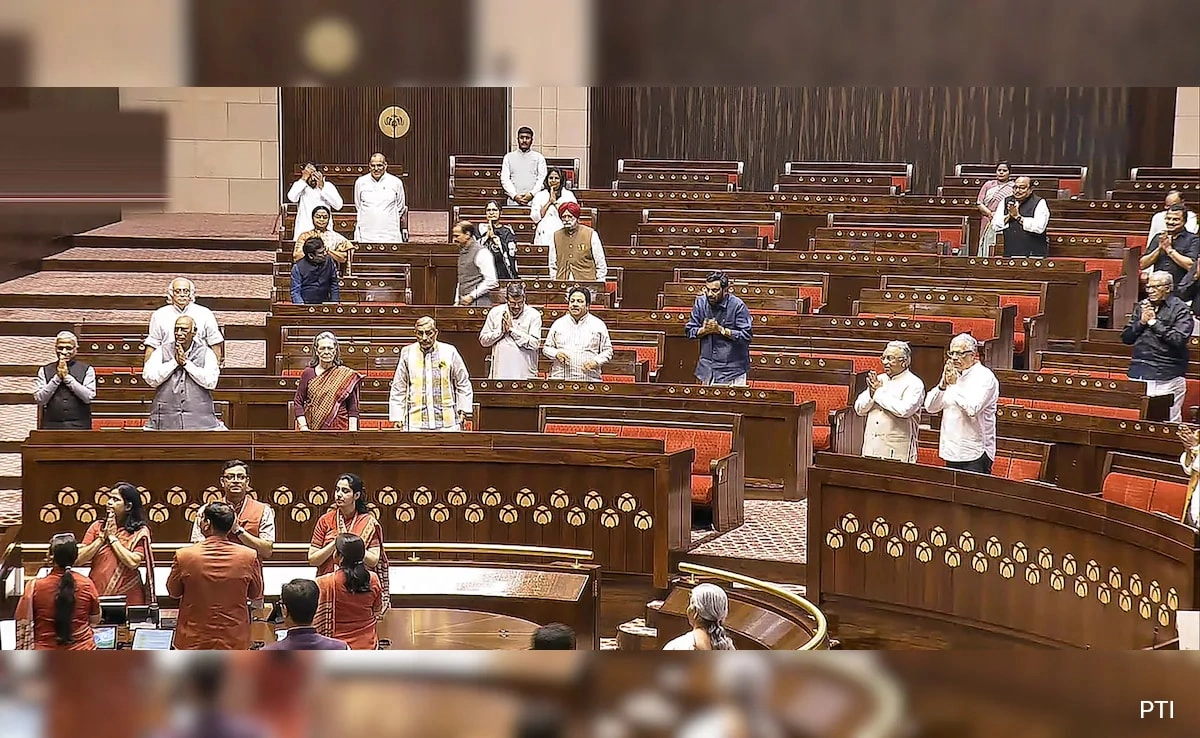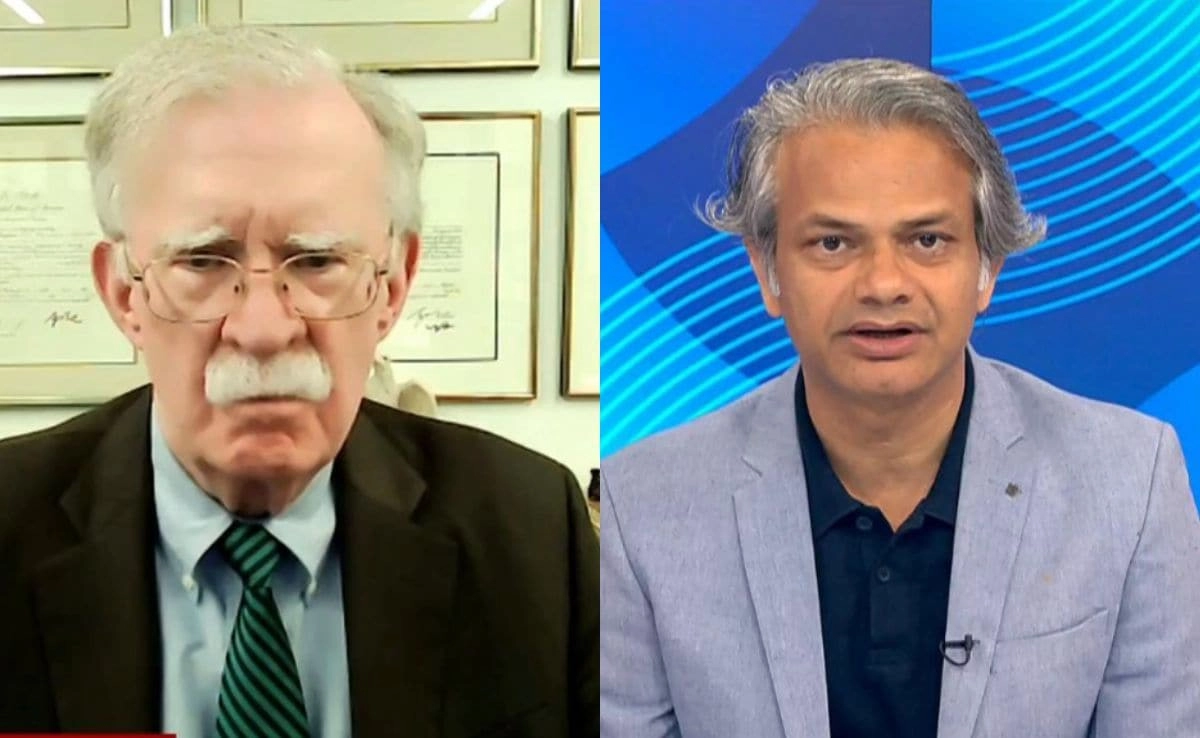In a recent development surrounding the Waqf Bill, Union Law Minister Kiren Rijiju has reaffirmed that the legislation is not intended to target or discriminate against Muslims. The bill, which has been a topic of significant discussion and debate, aims to streamline the management and governance of Waqf properties across the country. Rijiju emphasized that the bill is designed to enhance transparency, efficiency, and accountability in the administration of these properties, which are meant for charitable and religious purposes within the Muslim community.
The Waqf Bill seeks to address longstanding issues related to the mismanagement and encroachment of Waqf properties, ensuring that these assets can be utilized effectively for the welfare of the community. Rijiju’s assertion comes in response to concerns raised by various groups who fear that the legislation might infringe upon their rights or undermine their religious practices. By clarifying the intent behind the bill, Rijiju aims to foster a better understanding among the public and dispel any misconceptions that may have arisen during the legislative process.
Moreover, the Law Minister highlighted that the Waqf Bill aligns with the government’s broader efforts to promote social justice and economic development within all religious communities. He reiterated that the government is committed to ensuring that the rights of all citizens, regardless of their religious affiliations, are protected. The administration’s focus remains on creating an inclusive environment that respects the diverse cultural and religious fabric of the nation, while also addressing issues that have historically hindered the effective management of Waqf properties.
Rijiju’s comments reflect a proactive approach to governance, indicating that the government is willing to engage with stakeholders and address their concerns. As the Waqf Bill moves through the legislative process, it is crucial for the government to maintain open lines of communication with community leaders and the public to ensure that the implementation of the bill is perceived as a positive step towards empowerment and upliftment. The successful passage of the Waqf Bill could serve as a model for future legislation aimed at promoting transparency and accountability across various sectors, thereby enhancing the overall governance framework in the country.




